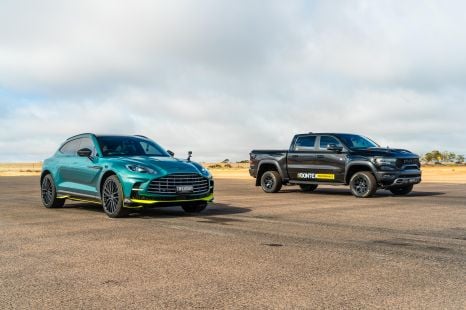

Paul Maric
1200hp RAM TRX vs Aston Martin DBX707 drag race
5 Days Ago

News Editor
The Renault 5 won’t be the only retro-futuristic electric vehicle in the French brand’s line-up.
A patent filing, originally shared by Dutch site Autovisie, has revealed a modern-day version of the Renault 4 that could wear the 4Ever nameplate.
Like the resurrected Renault 5, shown in concept form earlier in 2021, the new 4 will be an all-electric vehicle.
It’s expected to share the revived 5’s CMF-B EV platform, though whether it’ll replace the Zoe – Europe’s best-selling EV in 2020 – isn’t clear.
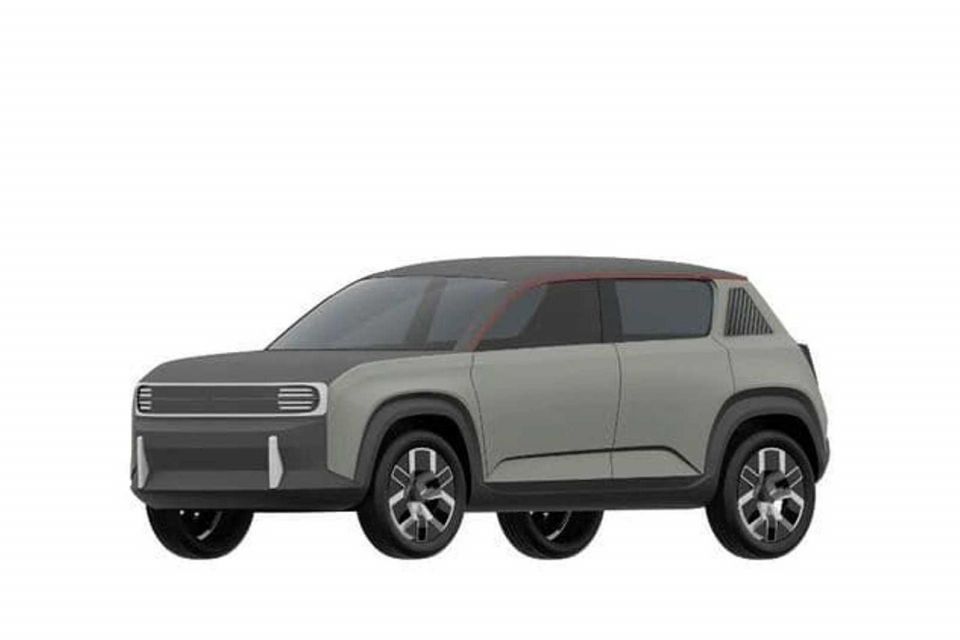
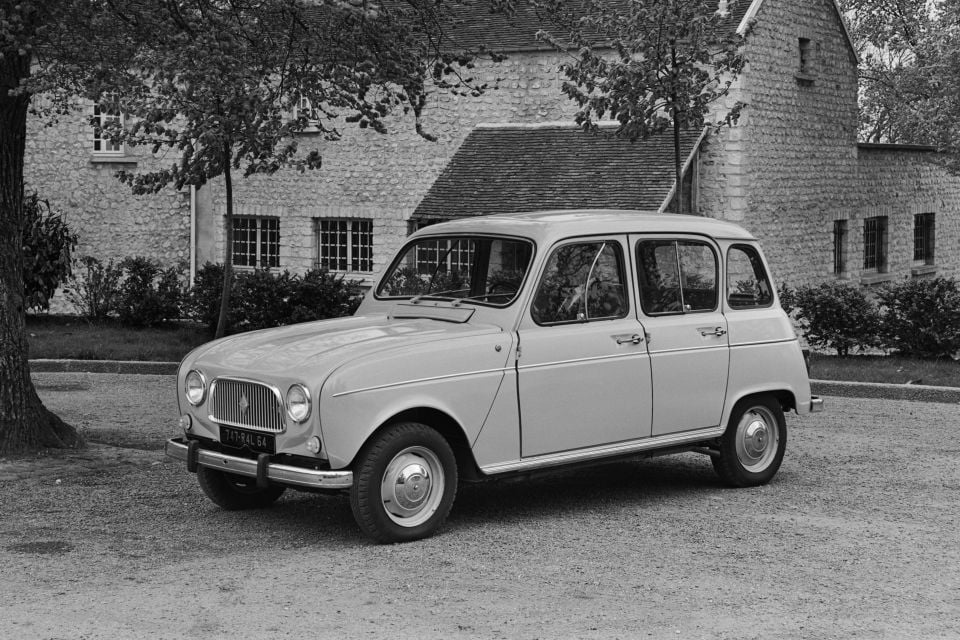

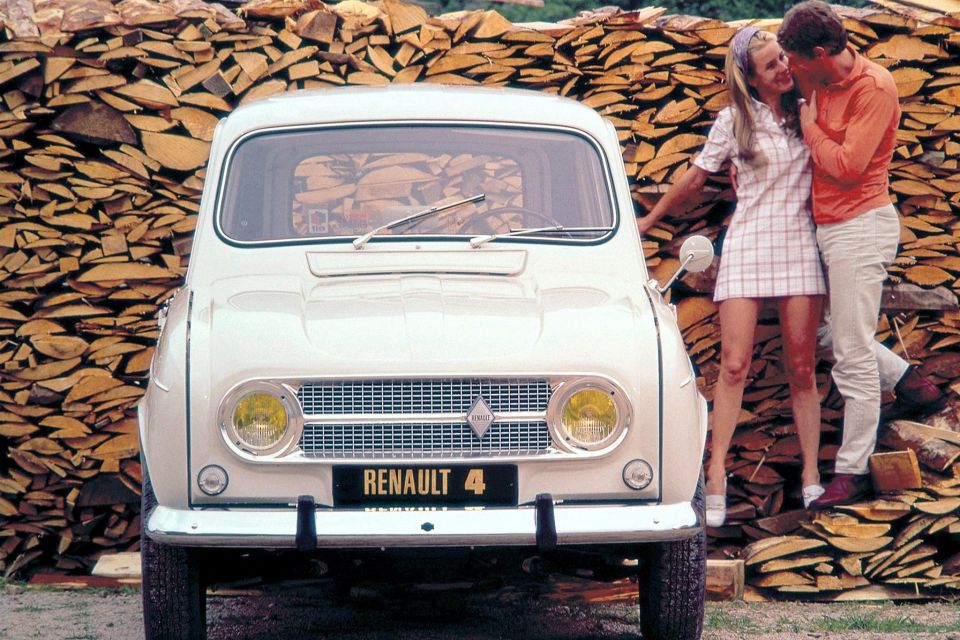
The patent filings reveal a small, upright body in the vein of the original 4.
There are round headlights and vertical tail lights, albeit almost certain to use LEDs. The headlights and grille are part of one assembly, which is similar to that on later Renault 4s.
The side is where the modern-day 4 deviates the most from its ancestor.
While the crossover-like ride height isn’t far off from the old car, which was targeted at rural French buyers, there’s a higher beltline and a decorative trim panel in place of the third window on each side.
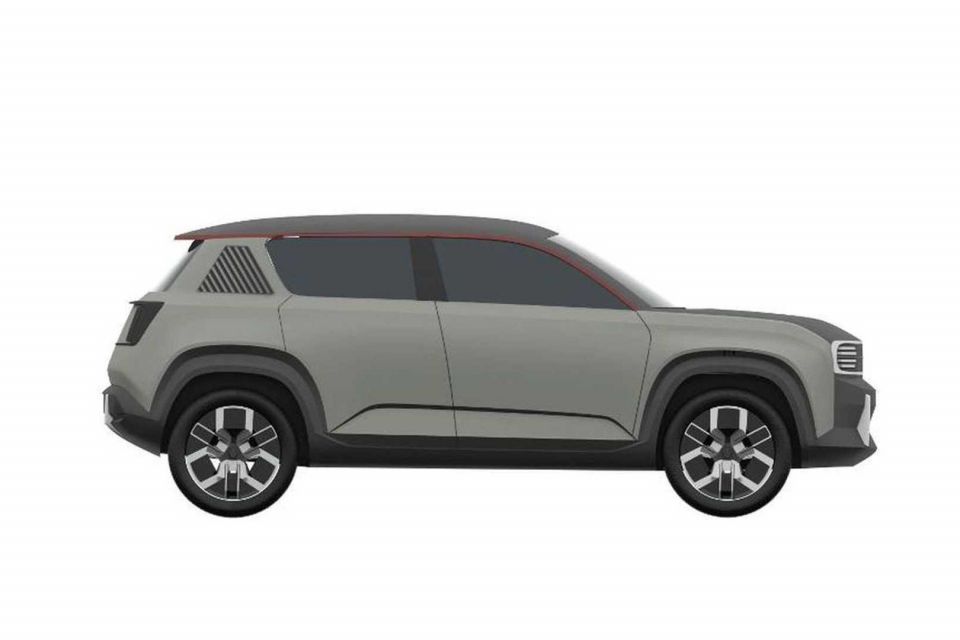

There’s also very modern sculpting at the bottom of the doors, plus plastic cladding around the wheel arches.
Looking to the past for inspiration is something recently-appointed CEO Luca de Meo has done before, as he presided over the launch of the resurrected Fiat 500 while he was at the Italian automaker.
The original Renault 4 had been introduced in 1961 as a response to the Citroen 2CV, which had targeted lower-income French consumers in rural areas.
The 2CV’s popularity as an urban runabout inspired Renault to introduce the 4 (and its smaller-engined 3 sibling) as a more comfortable and practical rival to the Citroen.

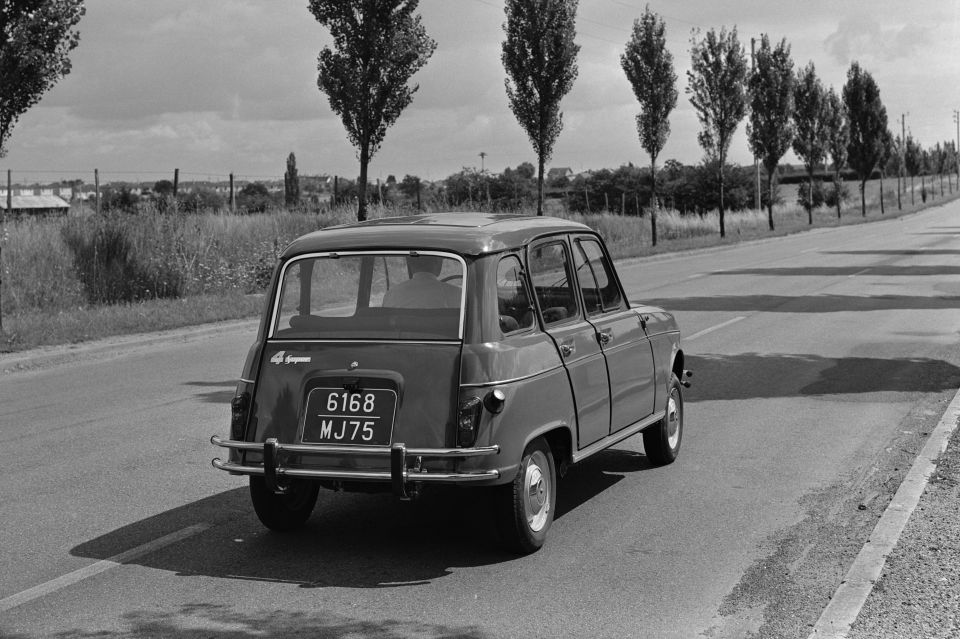
Much as the 2CV outlived subsequent Citroen city cars and survived until 1990, the Renault 4 continued to be manufactured in France until 1992 and until 1994 in Slovenia and Morocco.
Over eight million 4s were built over its lengthy run.
The new 5 is part of a Renault plan to return to profit under CEO Luca de Meo.
The brand will pull back from its plan to sell five million cars worldwide by 2022, and instead focus on developing and manufacturing cars more efficiently in search of greater profit.
Combined with hybrid power, Renault plans to use just one petrol engine family across its entire range. It will also have one diesel engine family, alongside hydrogen and pure-electric powertrains.
Rather than having the manufacturing footprint to build more than four million cars annually, Renault will instead focus on making 3.1 million cars per year by 2025.
CarExpert helps new car buyers save thousands with expert reviews, honest advice, and transparent pricing – no dealer pressure and no sales games.
William Stopford is an automotive journalist based in Brisbane, Australia. William is a Business/Journalism graduate from the Queensland University of Technology who loves to travel, briefly lived in the US, and has a particular interest in the American car industry.


Paul Maric
5 Days Ago
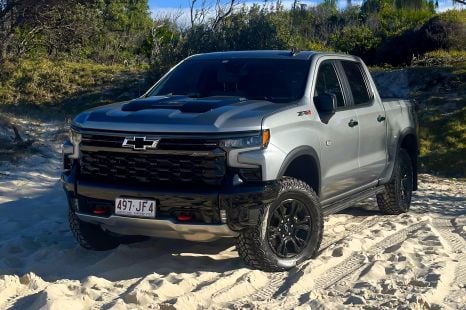

William Stopford
5 Days Ago
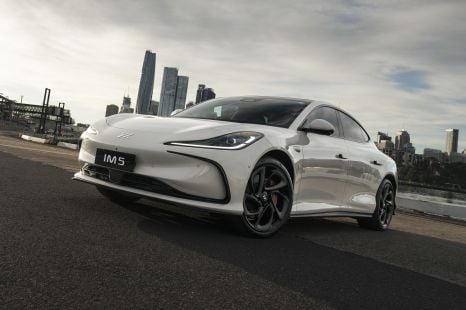

William Stopford
4 Days Ago
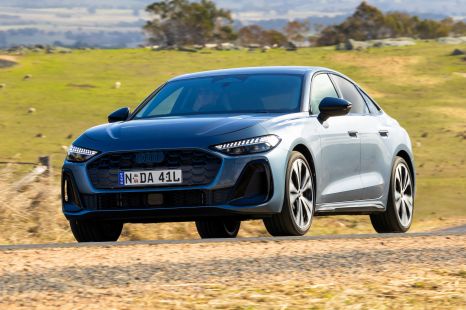

James Wong
3 Days Ago
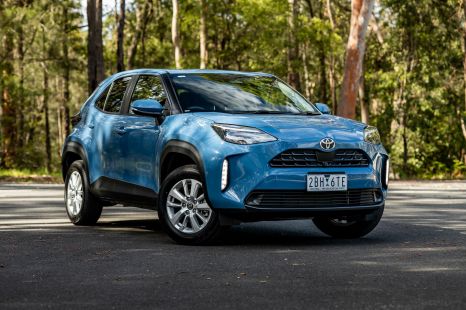

Matt Campbell
2 Days Ago
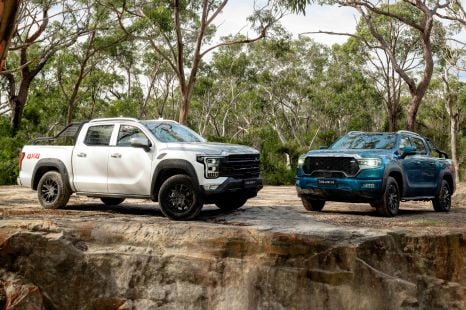

William Stopford
11 Hours Ago